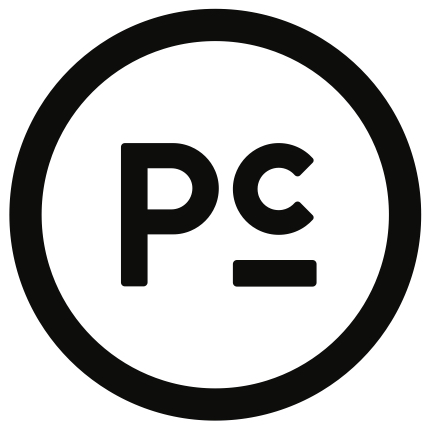
Did you hear about the New York mom who sued her daughter’s preschool because it hadn’t properly prepared her four-year-old for entrance exams for an elite education?
“It is no secret that getting a child into the Ivy League starts in nursery school,” reads one tenet of the lawsuit.
I don’t care how smart your kid is, when college-like competitiveness overtakes the creativity and wonder of childhood, something is wrong.
Recent research released by MIT and UC Berkley seems to agree. Slate Magazine reported the study and concluded, “New research shows that teaching kids more and more, at ever-younger ages, may backfire.”
For years, we’ve been crafting strategies for preschoolers around the idea that they’ll understand better if we “teach less for more.”
The concept is simple: figure out what the most important learning points are, then focus on those few but essential points.
The Manhattan mom’s complaint was that her child wasn’t getting enough information to score well on a test called the “Education Review Board (ERB) Comprehensive Program Testing (CPT) version 4.”
No wonder the researcher concludes: “Ours is an age of pedagogy. Anxious parents instruct their children more and more, at younger and younger ages, until they’re reading books to babies in the womb. They pressure teachers to make kindergartens and nurseries more like schools.”
Somewhere, we’ve forgotten why the “pre” is in the word “preschool.”
In one of the studies, the researcher gave children tubes made of bright colors. For some, she gave explicit instructions: “This is how this is supposed to work. See what you can make it do.” For others, she offered a more open-ended experience, “Look at these toys. What can you do with them?”
The first set of kids played precisely, but were careful to stay within the lines. They had shorter playtimes and lost interest quickly. The second group went wild, turning those tubes into rockets and squeakers and toys the researchers had never imagined. By teaching too much, we narrow the potential for creativity.
Too often, we follow the lead of those who would force an ever-expanding catalog of facts and figures in the minds of our youngest students. Even in our churches.
Does it really matter if your three-year-old can name every book of the Bible, in order and backwards, if they don’t know that God made them, God loves them and Jesus wants to be their friend forever?
Imagine where you want your preschooler to be when he’s a college freshman. Then relax. Realize that you’ve got the many rhythms and seasons of life to lead your kids to that important place. By selecting the most important wisdom for the most pivotal times in your young person’s life, you’ll be providing the best education possible. No admissions test necessary.
What pressures do you feel in educating your children? Do you feel like you’re competing with other’s expectations of them? What are the important things you really want them to know?



